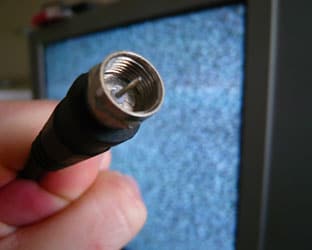With public broadcasting budgets in serious jeopardy in Washington DC and in an increasing number of state capitals, individual stations are looking at alternatives to a pricy PBS affiliation. And PBS is looking at a new underwriting model that will more closely mimic commercial stations.
The recent sale of PBS affiliate WMFE-TV in Orlando to religious Daystar Network underscores the story of stations exiting the PBS universe. According to a recent New York Times story, the station was having difficulty meeting a PBS affiliate fee of just under $1M annually, and decided to sell and concentrate its efforts on its NPR FM radio station.
That move came after the much-publicized exit from PBS by KCET in Los Angeles.
At least in LA, another station came forward to bring PBS programming into the market. In Orlando, they’re still looking for a solution. At any rate, according to NYT, this scenario figures to play out in many more DMAs.
Meanwhile, according to an article in Current, PBS is planning the revolutionary step of breaking into programming to deliver underwriting statements, something it has avoided throughout its history.
It is looking at four breaks during the course of an hour-long programming, with national spots being inserted at five and 55 minutes into the program, and with local or national messages coming at 20 and 40 minutes in.
At this point, program run-time is expected to be just as it has been, which is said to be 50 minutes and 10 seconds.
RBR-TVBR observation: Many interested parties who responded to an RBR-TVBR poll were only too aware of the possible pernicious business consequence when non-commercial stations lose government funding – they suddenly turn their focus to the acquisition of underwriting funding, often taking away cash that might otherwise have been spent for advertising on local commercial stations.
The PBS plan has the potential to increase its level of competition at both the national and local level.
The RBR-TVBR poll was about NPR, but it translates to the PBS situation. 35% of respondents thought the apparent NPR implosion would not have an effect on commercial operations one way or another; 19% saw it as an opportunity; but the plurality – 46% — saw a negative effect in as NPR affiliates start scrounging around for cash in the same places commercial broadcasters do their business.




